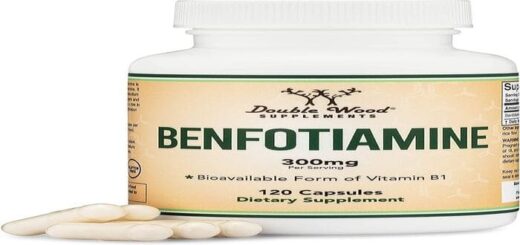How to Decrease Testosterone Level in Female: Effective Strategies

While testosterone is typically associated with male physiology, women also produce this hormone, albeit in smaller amounts. However, elevated testosterone levels in women can lead to various symptoms and health concerns, including irregular menstrual cycles, acne, hair loss, and infertility. If you suspect you have high testosterone levels, implementing certain lifestyle changes and seeking medical guidance can help restore hormonal balance. In this blog post, we’ll explore effective strategies for decreasing testosterone levels in females and promoting overall well-being.
How to Decrease Testosterone Level in Female
1. Consult with a Healthcare Provider
If you’re experiencing symptoms of high testosterone levels, it’s essential to consult with a healthcare provider for proper evaluation and diagnosis. Your doctor can perform blood tests to measure hormone levels and identify any underlying conditions contributing to hormonal imbalances.
2. Manage Stress
Chronic stress can disrupt hormone balance and contribute to elevated testosterone levels. Incorporate stress-reducing practices such as mindfulness meditation, deep breathing exercises, yoga, or regular physical activity to promote relaxation and hormonal equilibrium.
3. Nutritious Diet
Adopting a balanced and nutritious diet can support hormonal balance and overall health. Focus on whole foods such as fruits, vegetables, lean proteins, and healthy fats, while minimizing processed foods, sugary snacks, and refined carbohydrates. Certain dietary components, such as:
- Fiber: High-fiber foods like fruits, vegetables, whole grains, and legumes can help regulate insulin levels and reduce testosterone levels.
- Anti-Inflammatory Foods: Incorporate foods rich in anti-inflammatory compounds, such as omega-3 fatty acids found in fatty fish, flaxseeds, and walnuts, to help reduce inflammation and promote hormonal balance.
- Soy Products: Some research suggests that soy products containing phytoestrogens may help lower testosterone levels in women. Incorporate moderate amounts of soybeans, tofu, tempeh, or soy milk into your diet.
4. Regular Exercise
Engaging in regular physical activity can help improve insulin sensitivity and hormone metabolism, leading to lower testosterone levels. Aim for a combination of cardiovascular exercises, strength training, and flexibility exercises to support overall health and hormonal balance.
5. Weight Management
Maintaining a healthy weight through a combination of balanced diet and regular exercise is essential for hormone regulation. Excess body fat, particularly visceral fat, can contribute to insulin resistance and elevated testosterone levels. Aim for gradual and sustainable weight loss if overweight or obese.
6. Limit Alcohol Intake
Excessive alcohol consumption can disrupt hormone balance and contribute to elevated testosterone levels in women. Practice moderation or consider eliminating alcohol altogether to support hormonal health.
7. Medication and Hormonal Therapy
In some cases, medication or hormonal therapy may be necessary to manage elevated testosterone levels, especially if caused by underlying conditions such as polycystic ovary syndrome (PCOS). Your healthcare provider may prescribe oral contraceptives, anti-androgen medications, or other hormone-regulating medications to help restore hormonal balance.
8. Herbal Supplements
Certain herbal supplements, such as spearmint tea or supplements containing saw palmetto or licorice root extract, have been studied for their potential to lower testosterone levels in women. However, it’s essential to consult with a healthcare provider before starting any herbal supplements to ensure safety and effectiveness.
Conclusion
Managing high testosterone levels in women requires a comprehensive approach that addresses lifestyle factors, dietary choices, stress management, and, if necessary, medical interventions. By adopting healthy habits, seeking medical guidance, and making informed choices, you can effectively decrease testosterone levels and promote hormonal balance for improved overall well-being. Remember to consult with a healthcare provider for personalized recommendations tailored to your individual needs and health status.











